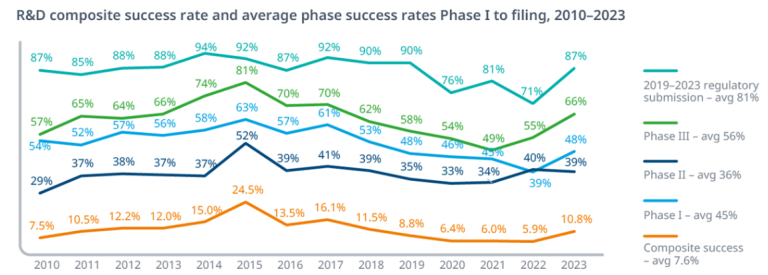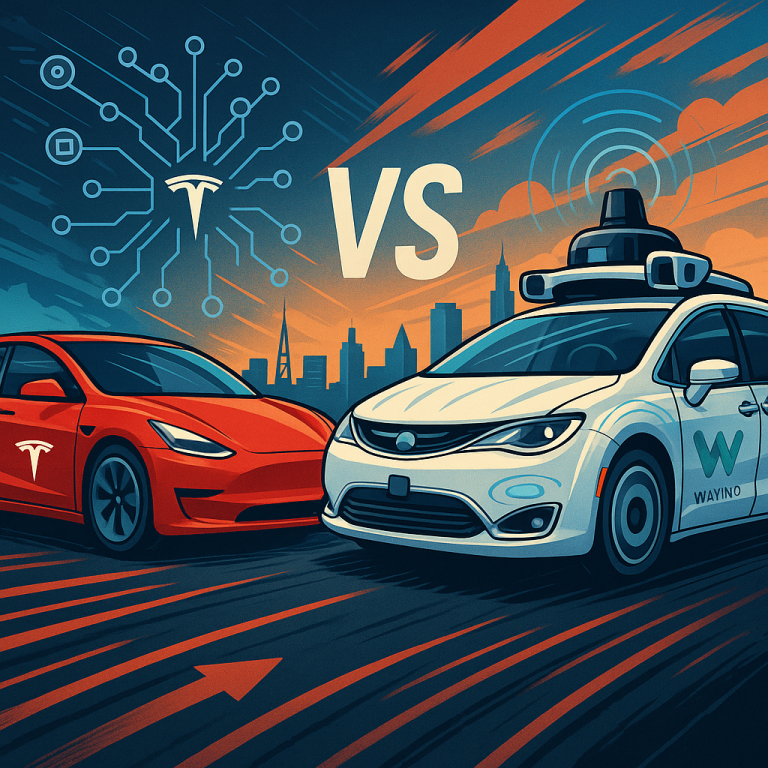Breaking Up Google? What History Teaches About Big Splits
The idea of breaking up Google’s parent company, Alphabet, is a hot topic. With governments around the world, especially in the U.S., looking closely at its power, investors are wondering what a split could mean for their shares. This isn’t the first time a giant company has faced a breakup. So, what can we learn from history, and what are the unique challenges if Alphabet is forced to break apart?
As of May 2025, the pressure is intense. In August 2024, a U.S. court ruled that Google illegally protected its monopoly in online search. Now, they’re deciding what to do about it, with hearings in March 2025 and a decision expected by August 2025. The Department of Justice (DOJ) has suggested big changes, like forcing Google to sell its Chrome browser and end deals that make Google the default search engine on phones and computers.
Adding to that, in April 2025, another court found Google guilty of monopolizing parts of the online advertising technology (“ad tech”) market. The DOJ has recommended Google sell its Ad Manager tools. While Google plans to fight this, the threat of major changes to its structure is very real.
So, what happens if a company like Alphabet is split?
Quick Lessons from Past Big Company Splits
- Forced Splits Can Still Lead to Wins (Standard Oil & AT&T): Back in 1911, Standard Oil, a massive oil company, was forced to break up. Its 34 “Baby Standard” companies (like future Exxon, Mobil, and Chevron) ended up being worth much more apart. Similarly, when the giant phone company AT&T was broken up in 1984, shareholders who held onto all the new “Baby Bell” stocks saw their investment grow significantly over the next five years.
- Lesson for Alphabet? Even if a breakup is forced, the separated parts could do well if they are strong on their own and can grow.
- Smart Splits Unlock Value (eBay & PayPal): In 2015, eBay spun off PayPal, its payment business. PayPal was growing fast, and as a separate company, its value soared. The two companies together became worth many times more than eBay was before the split.
- Lesson for Alphabet? If a part of Alphabet, like Google Cloud or YouTube, is “held back” by the bigger company, it might thrive on its own.
- But Splits Can Be Messy & Slow (DowDuPont & Hewlett-Packard): When Dow and DuPont merged and then split into three companies (starting 2019), it took years for their combined value to get back to what the original was worth. Hewlett-Packard’s split in 2015 into HP Inc. and Hewlett Packard Enterprise also didn’t immediately boost shareholder value, partly due to tough markets.
- Lesson for Alphabet? Breakups are complicated and can be expensive. There’s no guarantee of a quick win, and the new companies might struggle.
What Could a Google (Alphabet) Breakup Look Like?
Alphabet has three main parts:
- Google Services: This is the biggest part, making money from ads on Google Search, YouTube, and other Google sites. It also includes Android, Chrome, Google Maps, and hardware like Pixel phones.
- Google Cloud: Provides cloud computing services for businesses, competing with Amazon AWS and Microsoft Azure. It’s growing fast and recently started making a profit.
- Other Bets: These are newer, riskier projects like Waymo (self-driving cars) and Verily (life sciences). They lose money now but could be big in the future.
If Alphabet were forced to break up, what are the arguments for and against it helping shareholders?
Why a Breakup Might Increase Value (The “Sum-of-the-Parts” Idea):
- Clearer Value for Each Part:
- Google Cloud: As its own company, investors might value it more like other fast-growing cloud businesses, without worrying about issues in Google’s ad business.
- YouTube: Could be valued as a huge, independent media company.
- Waymo: Investors who specifically want to bet on self-driving cars could invest directly, potentially giving it a higher value.
- More Focus: Each new company could have its own leaders totally focused on its specific market. For example, Google Cloud could focus 100% on competing with Amazon and Microsoft in the cloud space.
- Less Government Scrutiny (for some parts): A standalone Waymo or even Google Cloud might not face the same intense government pressure as the giant Alphabet does today.
Why a Breakup Would Likely Destroy Value (The Big Risks for Alphabet):
This is where Alphabet’s situation looks very different and much riskier than many past breakups.
- Losing the “Google Brain” – The Data & AI Engine: This is the BIGGEST RISK. Google’s magic comes from how all its services work together. What you search for, videos you watch on YouTube, your location on Maps, what apps you use on Android – all this data helps Google:
- Make its search results better.
- Show you more relevant ads (this is its main money-maker).
- Develop new AI features and products across the board. If you break these connections, each part becomes “dumber” and less effective. The core ad business could suffer massively.
- Breaking Shared Technology & Teams: Google has world-class AI researchers (like Google AI and DeepMind) and engineers who work on projects that benefit all parts of the company. Splitting this up would mean duplicating efforts, losing efficiency, and potentially slowing down new inventions. Think about the massive data centers and internal tools that all of Google uses – splitting these would be a nightmare.
- Weaker User Experience & Less Innovation: Many Google products are linked to give you a smooth experience (e.g., saving a location from Search to Maps, or seeing YouTube videos in search results). A breakup could make products feel clunkier and less integrated. Funding for really ambitious “moonshot” projects (from Other Bets) largely comes from the profits of Google Services. These big ideas might die without that support.
- Huge Costs and Chaos: Just imagine the lawyers, accountants, and managers needed to untangle such a deeply connected company. It would take years, cost billions, and create enormous uncertainty, which investors hate.
What Does This Mean for Alphabet Shareholders?
While history shows that breaking up big companies can sometimes lead to more value for shareholders (like with Standard Oil or PayPal), Alphabet’s situation is unique. The “teamwork” between its different services, especially the way they all share data to build powerful AI and targeted advertising, is at the very heart of its success.
A forced breakup, especially one that separates Google Search from YouTube, Android, or its ad technologies, risks destroying this core strength. The benefits of having more “focused” companies could be completely wiped out by the loss of these deep connections.
Unlike Standard Oil, where the parts were more geographically or functionally separate, or PayPal, which was a distinct business from eBay, Alphabet’s main services are woven together like threads in a rope. Pulling them apart could cause the whole thing to unravel.
The Bottom Line for Google
While a breakup might make some individual parts like Google Cloud or Waymo look more appealing on paper to certain investors, the potential damage to the core Google Search and Ads engine – and the AI that powers everything – is immense. For Alphabet, the risk that “the sum of the parts” would be less than the current whole is very, very high. The ongoing court cases and potential remedies are something every GOOGL investor needs to watch closely, as the outcome could reshape one of the world’s most influential companies, and not necessarily for the better from a shareholder value perspective.




